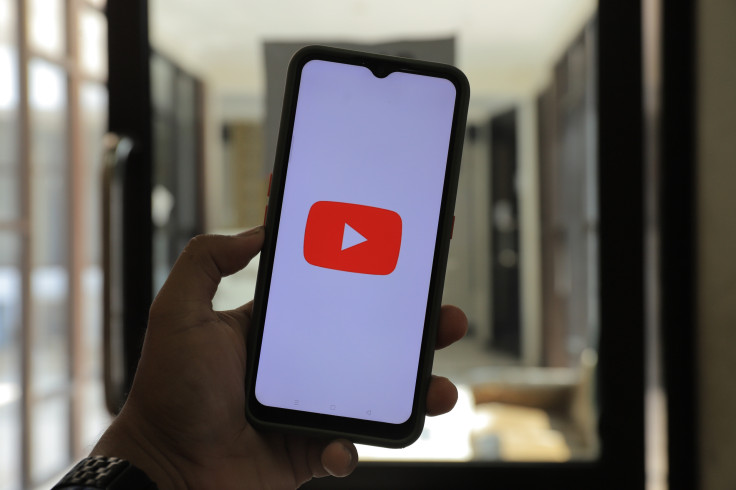YouTube will use AI to auto-generate video summaries
YouTube's AI-generated video summaries is currently limited to English-language videos.

YouTube is slated to get an AI-powered feature that will reportedly help users choose what to watch. In other words, Google is testing a big AI upgrade that can automatically summarise YouTube videos.
The folks at Android Police recently spotted a YouTube subscription page that suggests the video summaries will be auto-generated, but only for English-language videos for the time being. "We're starting to test AI auto-generated summaries on YouTube, so that it's easier for you to read a quick summary about a video and decide whether it's the right fit for you," the support page states.
Google set to make the life of YouTube viewers a lot easier
Furthermore, YouTube says these summaries will provide viewers with a quick overview of what a video is about. However, the Google-owned online video-sharing platform confirms that these summaries aren't designed to replace the descriptions that the creators submit themselves.
These summaries will appear on the watch, as well as on search pages for select users. Those who come across them are encouraged to share their feedback in a bid to facilitate this testing phase. Since YouTube didn't share screenshots, it is unclear what these summaries will look like.
There is a possibility that these summaries will look like some sort of disclaimer that states it was written with the help of AI and not by the video's creator. At Google I/O 2023, the search giant confirmed it is working on a myriad of AI-backed projects.
YouTube AI Video Summaries. pic.twitter.com/ekTjpxXVXB
— The Ai Guru Ji (@theaiguruji) August 1, 2023
In June, Google began testing online-game offerings on YouTube, while expanding its multiview feature beyond sports. However, it now looks like the company has deviated its focus to incorporating more AI-generated features on YouTube.
In line with this, Google is reportedly prepping to bring extensions for its AI bot Bard to various tools including Maps, Gmail, and even YouTube. The company announced its plan to integrate its AI chatbot into Google Docs and Gmail back in March.
The word on the street is that Google is also gearing up to introduce a new Google Assistant feature that can automatically summarise almost any webpage. Aside from this, the search giant will introduce a three-strike policy for YouTube viewers who use ad blockers.
Google is sparing no effort to be at the forefront of the generative AI space. Aside from this, the American tech giant is working on a myriad of new generative AI initiatives to give OpenAI's ChatGPT AI bot and other competitors a run for their money.
YouTube Shorts gets an AI-powered feature
YouTube's Shorts platform has received a new AI-backed feature, much to the delight of creators. To recap, Google Deepmind shared details about one of its VLMs (visual language models) dubbed Flamingo in May.
Now, Google is using the aforesaid VLM to generate descriptions for YouTube Shorts. "Shorts are created in just a few minutes and often don't include descriptions and helpful titles, which makes them harder to find through search," DeepMind wrote in the post.
Flamingo creates these descriptions by analysing a video's initial frames and then tries to explain what's going on. Notably, these text descriptions will be stored as metadata to simplify the categorisation process of the video. Also, this will come in handy for matching search results to viewer queries.
YouTube uses AI to summarize videos in latest test https://t.co/qs1fyMuiXY pic.twitter.com/xZoWPsuG0G
— The Verge (@verge) August 1, 2023
Google Deepmind shared a video explaining how it works on Twitter back in May. The minute-long video breaks things down in an easy-to-understand way. Google DeepMind's chief business officer Colin Murdoch told The Verge that this VLM solves a real problem.
Our powerful visual language model Flamingo is changing the way 𝘺𝘰𝘶 can watch @YouTube Shorts. 🦩
— Google DeepMind (@GoogleDeepMind) May 24, 2023
It automatically generates descriptions for hundreds of millions of videos in their metadata, making them more searchable.
Here’s how AI is helping creators and viewers. ⬇️ pic.twitter.com/pAt7MxFNs1
Shorts creators sometimes do not add metadata. This is understandable given that process of creating a short video is more streamlined than it is for a longer-form video. According to the director of product management for Shorts, Todd Sherman, there isn't as much incentive to add the metadata because Shorts are usually watched on a feed where viewers are just swiping to the next video.
"This Flamingo model — the ability to understand these videos and provide us descriptive text — is just really so valuable for helping our systems that are already looking for this metadata," Sherman explained. "It allows them to more effectively understand these videos so that we can make that match for users when they're searching for them."
© Copyright IBTimes 2025. All rights reserved.






















